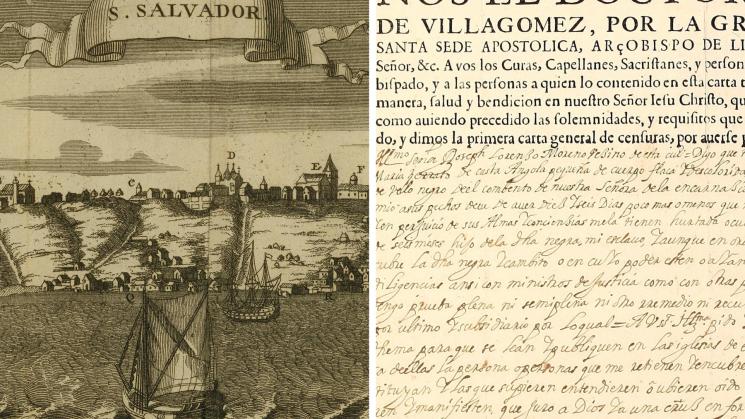Presentations by Danielle Abdon and Marcella Hayes

Please join us for presentations by JCB Fellows Danielle Abdon and Sally Hayes.
Danielle Abdon (Temple University, Ruth and Lincoln Ekstrom Fellow) presents "Poverty, Disease, and Port Cities: Global Exchanges in Hospital Architecture during the Age of Exploration." This talk will address the cross-cultural circulation of interventions in social welfare and public and environmental health and their impact on the archi- tecture of hospitals in Italy, Iberia, and the New World during the fifteenth and sixteenth centuries. Considering the emergence and dissemination of the cruciform plan for Renaissance hospitals, this study departs from a traditional formalist approach and instead integrates the building fabric with the contexts that inflected its adaptations, engaging the design’s role in structures whose architecture and infrastructure promoted medical and sanitary innovations. This architectural development emerged as a result of state-imposed reforms of charitable systems, guaranteeing stronger governmental control of disease and poverty as these issues became increasingly critical in port cities during the Age of Exploration (1400-1700).
Marcella Hayes (Harvard University, Charles H. Watts Memorial Fellow) presents "The Possible Futures of María Zerrato: Black Corporate Life in Seventeenth-Century Lima." This talk compares and contrasts two documents from the John Carter Brown Library’s collection that depict the lives of Afro-descendants in seven- teenth-century Lima. One, a censura issued by the Archbishop of Peru, concerns María Zerrato, a limeña slave and wet nurse who ran away from her master. The other, a chronicle by the Augustinian friar Antonio de la Calancha, describes the opulence and freshness of the clothing worn by the thousands of black limeños he saw on the street, and their air of gaiety. What connection did the runaway María Zerrato have with this world? Was she alone, or can we consider her as part of a broader community that might have cared for her in times of trouble? What responsibilities did they have to her, and she to them?